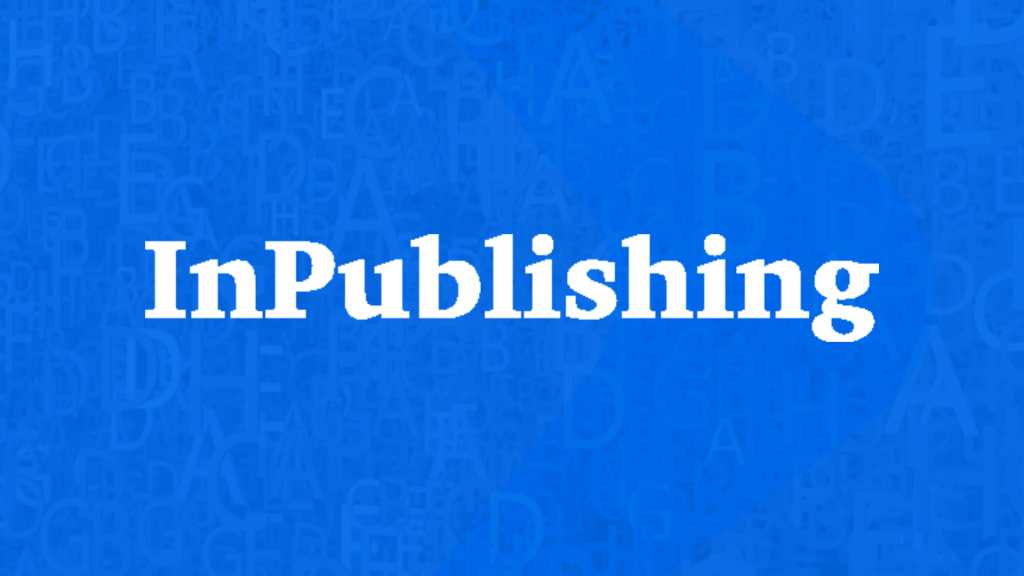There’s a lot of noise around semantic advertising at the moment, especially on the buy side. But how can publishers leverage semantic data to ensure they deliver the most relevant content to their audience? We find out from Onetag founder and CEO Daniel Pirchio.
Q: Contextual and semantic data have become popular targeting methods on publisher content as the industry looks towards cookieless solutions — what is the difference between the two?
A: Contextual advertising is having a renaissance as a great privacy-compliant, brand-safe way for publishers and advertisers to ensure the right messages connect with audiences with the right mindset, for a more relevant and rewarding experience.
Taking this a step further, semantic data is an advanced form of contextual advertising that delivers a richer solution and greater scale on publisher content than site classification and keyword targeting. Semantic technology uses machine learning to understand the meaning of each page of content and related editorial pages, to ensure deeper and broader relevance. This approach further improves scale and results for contextual campaigns.
Q: What are the benefits of semantic data targeting for publishers?
A: Semantic data helps publishers unlock and grow the value of their content in environments where it may otherwise be missed, for instance in general news sections. Working with this technology, publisher inventory can be targeted on both a broad and highly targeted basis for specific topics. The solution is cookieless and works with all demand partners, formats, and devices, so future-proofed for the new programmatic world.
Q: How can publishers leverage semantic data?
A: All publishers need to do is ensure their supply is connected to the right curation and global exchange infrastructures providing this solution. Check there is no additional cost for this solution and what scope is provided in the semantic data offering: the best options are free and offer unlimited scope for buyers including your content.
Semantic technology uses machine learning to understand the sentiment of each page of content, to ensure greater relevance for advertisers depending on which content topics they require. The best semantic data solutions are built on proprietary knowledge graphs and enable extensive and unique topic recommendations based on publisher content.
Semantic data algorithms analyse all the core contextual signals from the page, while filtering out unrelated editorial content. Algorithmic scoring considers both the prominence of desired content and its relationship with surrounding entities, to rank the overall relevance of web pages and inform contextual data targeting results.
Semantic data targeting classification includes broad term options such as general lifestyle or interest (eg. ‘podcast’), medium terms which may be product-based (eg. ‘headphones’) or as narrow as specific brands or competitors (eg. ‘Sony’ or ‘Beats’).
Q: What sort of results are you seeing using semantic targeting?
A: Applying semantic topics data to display and video campaigns drives impressive performance increases for advertisers over the duration of campaigns. We are seeing CTR increases of up to 5x with certain brands, and in a recent example, a global sports brand achieved +109% CTR and +86% conversions increase by using gaming semantic data to promote their Esports tournament campaign messaging.
Q: What’s happening in other news at Onetag for publishers?
A: We are seeing a great uptake of Prebid as the leading open-source header bidding solution for publishers on the market today, and we are proud to offer the easiest Prebid integration on the market via a single configuration tag. Our automated placement mapping saves publishers’ ad ops teams valuable time, and our adapter receives all placement information automatically. We are looking forward to assisting many more of our publisher partners with integrating Onetag’s intelligent Prebid adapter.
We have also just been recognised as an OAREX Top Payor for H1 24. This award demonstrates our commitment to making consistent, on-time automatic payments to publishers. We are proud to deliver on this commitment, as remitting on-time payments is an essential part of ensuring the open internet continues to flourish
Original published on: InPublishing



